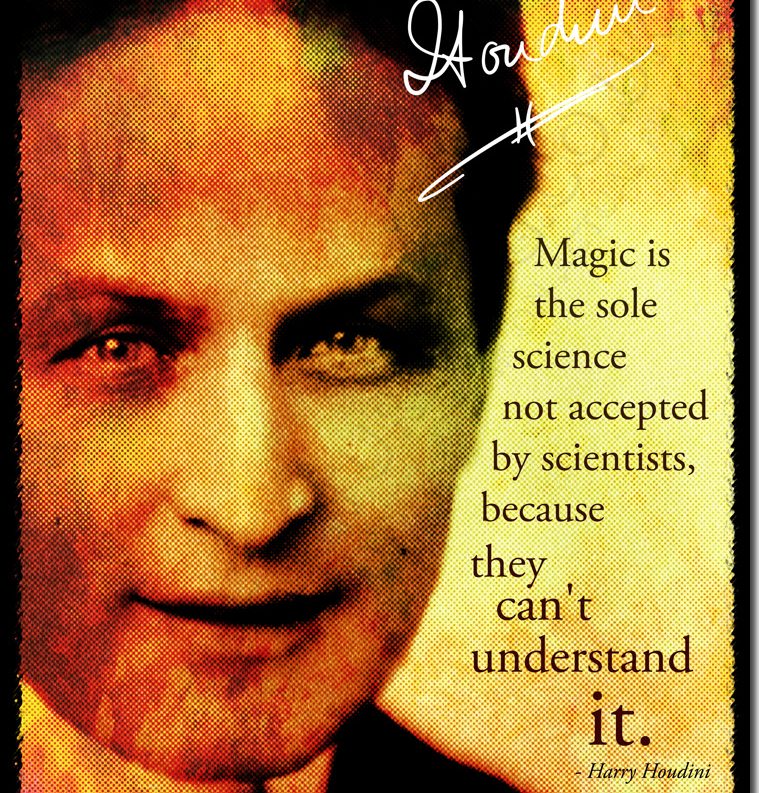Economics has a long track record of using methodological individualism as its main epistemological approach. Decisions are modelled as if made by atomised and disconnected individuals with the goal of maximizing (or even satisfying, if we adhere to the bounded-rationality paradigm) mostly a selfish objective (or utility) function. In my article: ‘Connectalism: A new paradigm for human choice’, published in Systems Research and Behavioral Science, July 2020, (https://doi.org/10.1002/sres.2730), I introduce a new framework for analyzing human choice that starts from the premise that ‘no man is an island’.
That humans are embedded in a system or network is taken as a natural fact of life. While in many cases, interactions with others have been tackled in Economics via the devices of altruism, reciprocity, fairness and network models, the fundamental inter-dependency of humans with the biosphere does not appear in these approaches. Agent-based models have gained traction in recent years to account for the heterogeneity of decisions in populations. Network economics has mostly been restricted to analyzing decisions by individuals to join networks.
Networks and Connectalism
This new paradigm of Connectalism starts from the premise that humans belong to networks (e.g. family, work environment, economy, society, nature) and that their decision framework is strongly determined by how aware they are of their interconnectedness with all the other entities participating in the networks they belong to.
Deep awareness of connectedness already exists in many societies, for instance Native American and Aboriginal societies. I argue that there is a co-determined relationship between this awareness of connectedness and a modified version of Maslow’s hierarchy of psychological needs. The pursuit and the fulfilment of prepotency needs is a strong determinant of an achieved level of awareness of interconnectedness. In turn, achieving a new awareness creates new needs in this hierarchy. The pursuit of needs is a prime motivator for human choice, consistent with a relatively new literature in economics that bridges the Maslowian and utilitarian approaches.
I go a step further in the definition of awareness to account for debates where low and high awareness groups question their respective positions like in the climate-change and sustainability debates. Groups on opposite sides of such debates should step back and understand each other’s ontological frames of reference, in terms of their understandings and awareness of the connections they claim are true and important for choosing a set of decisions. I refine the concept in such a way that statements reflecting any level of awareness must be critically and scientifically appraised.
I then develop an analytical toolbox borrowed from systems engineering (FDNA approach by Garvey et al. (2009)) and model networks, their components and interactions. The basic notion of ‘operability’ as a measure of overall capacity to be and function well is a very important concept as it grounds the whole approach of Connectalism by recognizing that my so-called ‘operability’ depends on that of others. The concepts of ‘strength of connectedness’ and ‘awareness of connectedness’, respectively, are introduced there as the objective (biological) and the subjective (perception) measures of these interdependencies.
Connectedness in the pandemic
Finally, I apply this toolbox to the COVID-19 pandemic. First, in many cases, the same equilibrium choice to have the whole population stay in or go out of quarantine may occur in both low and high awareness societies. However, in a society where people have a high level of awareness of their interconnectedness, they will be more likely to protect from harm those who are highly dependent, by comparison with low awareness societies (either by agreeing to a quarantine – even if the economic gains of going out are large, as the risk of catching the virus and morbidity is high – or by agreeing to get out in the economy, when the risk is low and even though the economic gain is also relatively low). In the latter case, this would be because these people’s well-being depends on economic results and the level of economic inter-dependency is very high.
The key insight is that while different frames of awareness (high or low) may lead to similar decisions, the reasons for enacting them might be quite different, and beyond a critical point of inter-dependency coupled with a high awareness of that inter-dependency, decisions will diverge.
This is certainly true regarding the handling of the climate crisis. While this may be hard to imagine, there is the possibility for both sides of the sustainability/climate crisis debate to interact in a dialectic space.
Connectalism can help create that space in which members of each community exercise healthy scepticism about the other group’s stated awareness of connectedness and related arguments and proposed actions, and in the end find a common terrain for agreement.
Connectalism: a new paradigm for human choice and decision-making
A new paradigm for analyzing human choice is proposed based on the simple truth that all living systems are interconnected. Connectalism recognizes that human decisions depend on how aware humans are of the potency of these interconnections. This framework supersedes methodological individualism, which is the dominant paradigm in Economics. The concept is still in development.
References
Connectalism: A new paradigm for human choice Christophe Faugère First published: 21 July 2020 https://doi.org/10.1002/sres.2730




